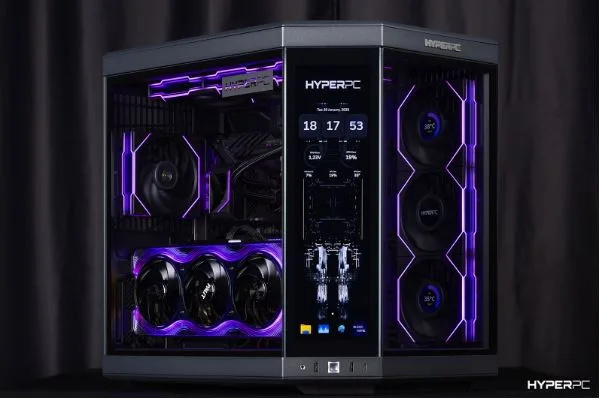How to Choose a Safe and Reliable Free VPN for Android
In an age where mobile browsing, streaming, and online shopping are everyday habits, protecting your online privacy has become essential — especially on Android devices. Free VPNs are appealing because they offer protection at no cost, but not all of them are trustworthy. Choosing the right one can be tricky if you’re not sure what to look for. Here are some key tips to help you select a safe and effective free VPN for Android phone.
Understand the Privacy Policy
The first and most important step is to read the VPN’s privacy policy. While it may seem boring, this document tells you how the service handles your data. A reliable VPN will have a strict no-log policy, meaning it doesn’t track your browsing activity, store your data, or sell your information to third parties. If the policy is vague or hard to understand, that’s usually a red flag.
Check the Security Standards
Not all VPNs use the same level of encryption. Some free services use outdated or weak encryption protocols, which can leave your data exposed. The best VPNs — even free ones — should use strong encryption like AES-256 and secure connection protocols such as OpenVPN or WireGuard. These standards ensure that your data is protected while it travels across the internet.
Be Aware of Speed and Data Limits
Free VPNs often come with limitations on speed and data. Some may restrict your monthly usage to a few hundred megabytes, while others might slow down your connection during peak hours. These restrictions can impact your ability to stream videos, make video calls, or even load websites quickly. Before choosing a VPN, check if it offers enough bandwidth for your needs and whether it provides a stable connection.
Watch Out for Unnecessary Permissions
When you install a VPN app on your Android phone, it may ask for certain permissions. While access to the VPN settings is necessary, be cautious if the app requests access to your contacts, messages, camera, or microphone. These permissions are usually not needed for a VPN to function and may indicate a risk to your privacy.
Read User Reviews
Taking a few minutes to read reviews on the Play Store can give you a clearer picture of what to expect. Look for honest feedback on the app’s performance, ease of use, and any issues like ads, crashes, or data leaks. Pay attention to recent reviews to see how the app is currently functioning, rather than relying on outdated praise or criticism.
Test for IP and DNS Leaks
A VPN that doesn’t properly hide your IP address or DNS requests isn’t doing its job. Even if it claims to secure your connection, leaks can reveal your location and browsing activity. After installing a VPN, you can run a quick test using online tools to check for these common leaks. This step ensures that your identity remains protected while connected.
Consider Server Locations
A VPN with limited server access may not meet your needs, especially if you’re trying to access content from a specific country. Free services often restrict the number of available servers or rotate them frequently. Make sure the VPN provides access to at least a few reliable server locations, so you can maintain a fast and secure connection.
Be Cautious of Ads and Hidden Malware
While some ads are to be expected in free apps, excessive advertising or pop-ups can ruin the user experience — and worse, some free VPNs may even contain hidden malware. Always download apps from trusted sources like the Google Play Store and check if the VPN has been verified by independent security organizations or app store protections like Google Play Protect.
Final Thoughts
Choosing a free VPN for Android doesn’t have to be a gamble if you know what to look for. Focus on privacy policies, encryption standards, performance, and user reputation. Avoid services that overreach on permissions or flood you with ads. While free VPNs do come with trade-offs, selecting a reliable one can give you a good level of protection for everyday browsing without compromising your data.






